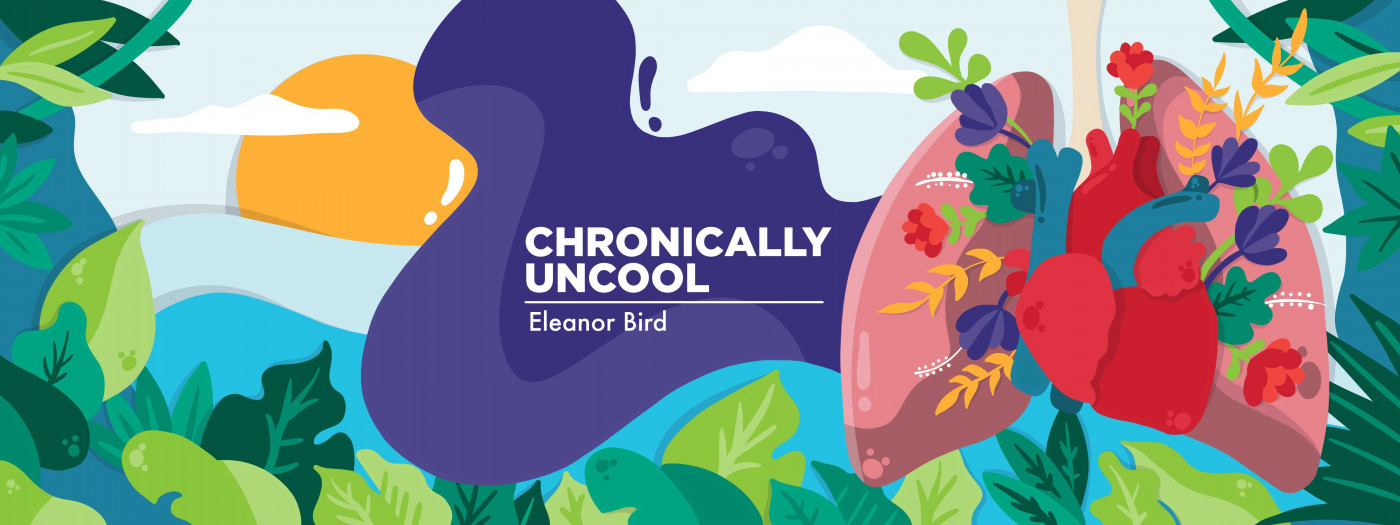The Challenge of Making Friends as an Adult With PH

Most people realize that living with a serious health condition can make it difficult to develop romantic relationships. The difficulty of forming new friendships doesn’t seem to be talked about as often.
Making friends as an adult is hard enough without the added complication of a chronic illness — especially during a pandemic.
I think one reason forming friendships as an adult can be tricky is that there’s no sense of shared history or understanding when you meet someone new, even if you get along. It’s often easier and more comfortable to hang out with old friends who know you inside out.
For me, living with pulmonary hypertension has only exacerbated this. My family and old friends are like a comfort blanket. With new friends, I have to explain my illness and teach them how it affects my life.
Since COVID-19 began, I’ve moved back to my hometown in the U.K. Being near my family has been great, and being near my PH center has been super convenient. But sadly, apart from one close friend, most of my pre-diagnosis friends have moved away to London.
My response to this new living situation has been to shrink my social circle, and I’ve been happy to adopt more of a hermit lifestyle. It was only when my oldest friend encouraged me to put myself out there that I realized I should try and make some new local friends.
For a long time, I told myself I hadn’t made any new friends in my hometown yet because of COVID-19 and my clinical vulnerability. This was a comfy excuse to hide behind. But recently I’ve had the opportunity to meet new people, and I’ve even found people I get along with. Yet something is holding me back.
I don’t usually want to get into my health story during my first few interactions with someone, as that can feel like too much too soon. But this means I often end up feeling like there’s an invisible barrier between us — like I’m holding back a big part of myself, maybe even my “real” self. This tends to make me act standoffish.
When you’re getting to know someone — perhaps seeing them at a party, then a pub quiz — where does the “I have a life-threatening illness” conversation fit in?
I have reflected on what exactly makes me feel so daunted. Is it the momentary discomfort of having a difficult conversation, or is it something more? I think a part of me is afraid of rejection. I worry that people won’t want to be friends with someone who’s ill.
I recently read Lisa Taddeo‘s “Letter to the Reader” from her novel “Animal,” in which she writes about how people can only handle other people’s tragedies in small doses.
This rang true for me. People are interested in hearing about a breakup, but struggle to talk about a breakdown. People might even be able to handle a serious diagnosis, but only the “you’re going to beat this” type. And sometimes, when I’m explaining my illness, it feels like people want me to reassure them that it’s not that bad. This can be exhausting.
Despite all of this, I know deep down that it is still worth putting myself out there. Enduring the awkward PH chat is a small price to pay for finding people who will be truly supportive and see me for who I am. I believe those people are out there.
Note: Pulmonary Hypertension News is strictly a news and information website about the disease. It does not provide medical advice, diagnosis, or treatment. This content is not intended to be a substitute for professional medical advice, diagnosis, or treatment. Always seek the advice of your physician or other qualified health provider with any questions you may have regarding a medical condition. Never disregard professional medical advice or delay in seeking it because of something you have read on this website. The opinions expressed in this column are not those of Pulmonary Hypertension News or its parent company, Bionews, and are intended to spark discussion about issues pertaining to pulmonary hypertension.









Leave a comment
Fill in the required fields to post. Your email address will not be published.